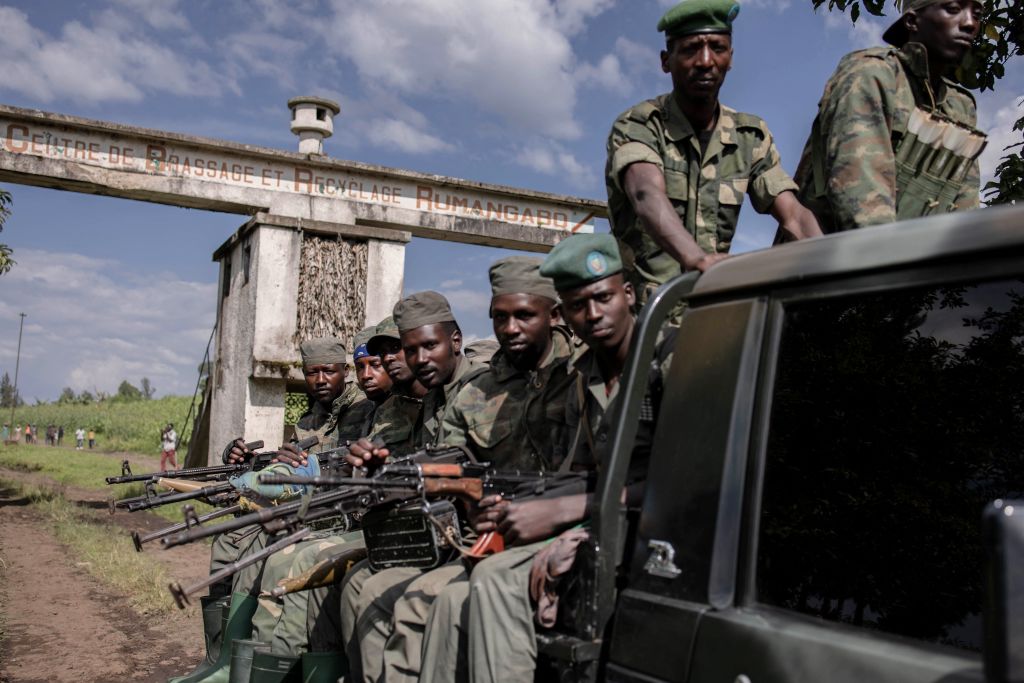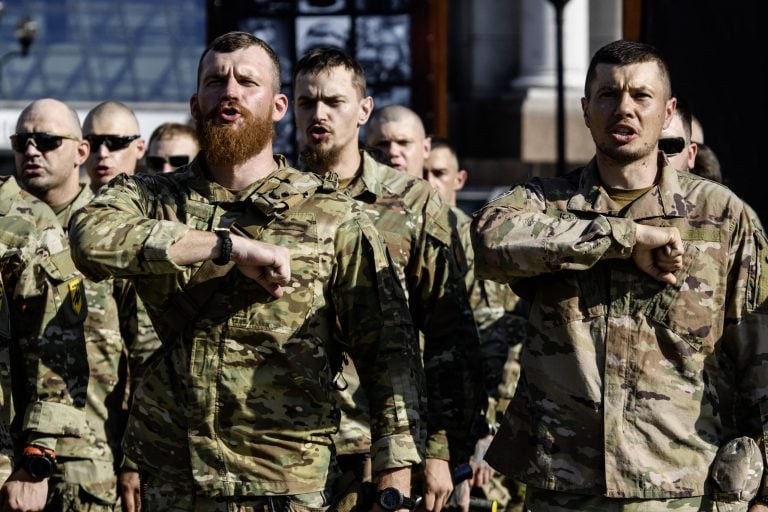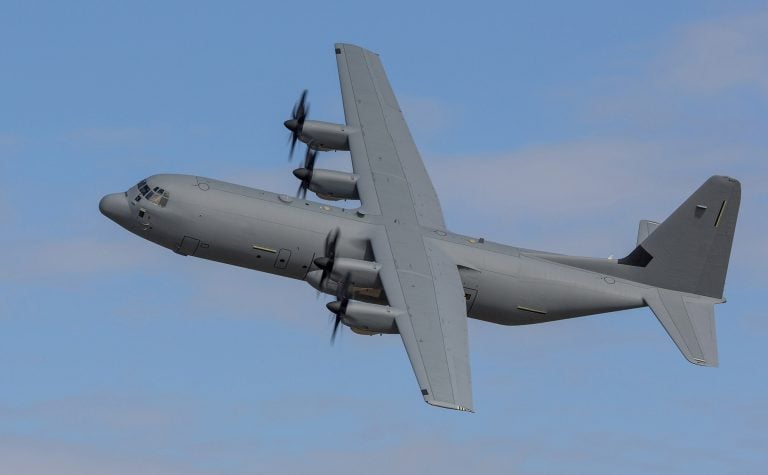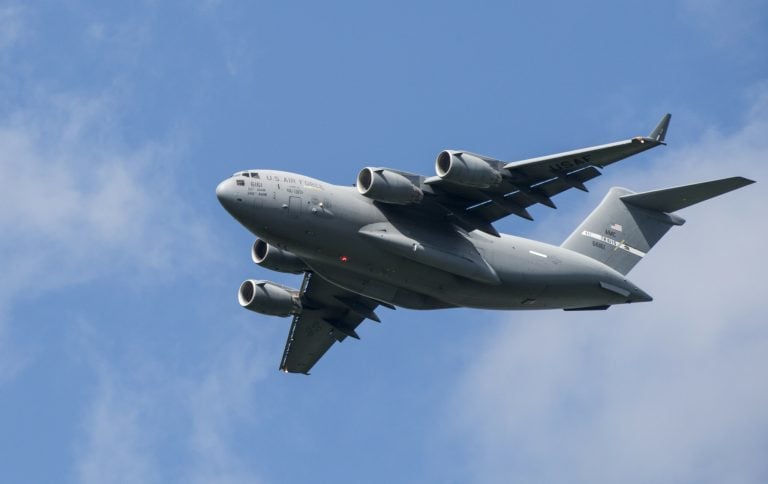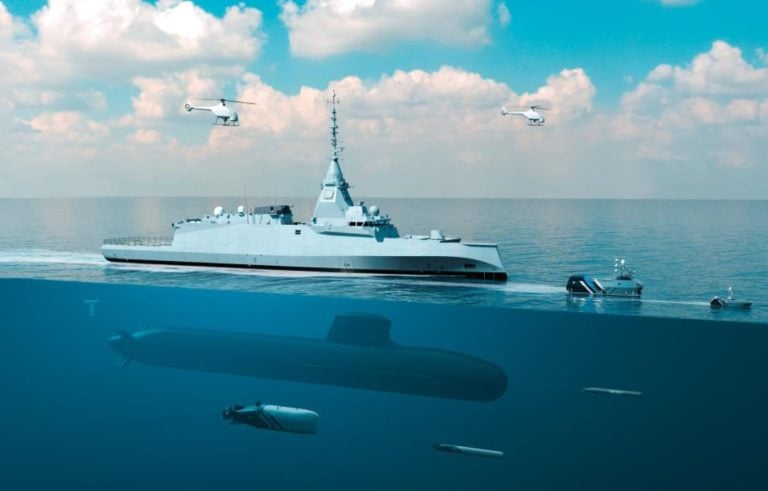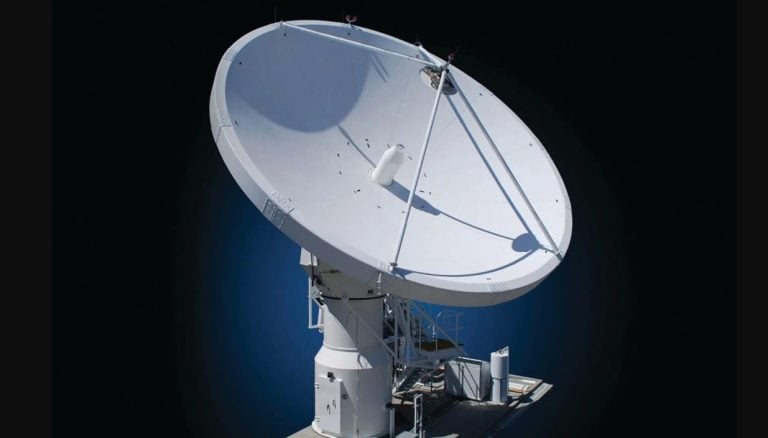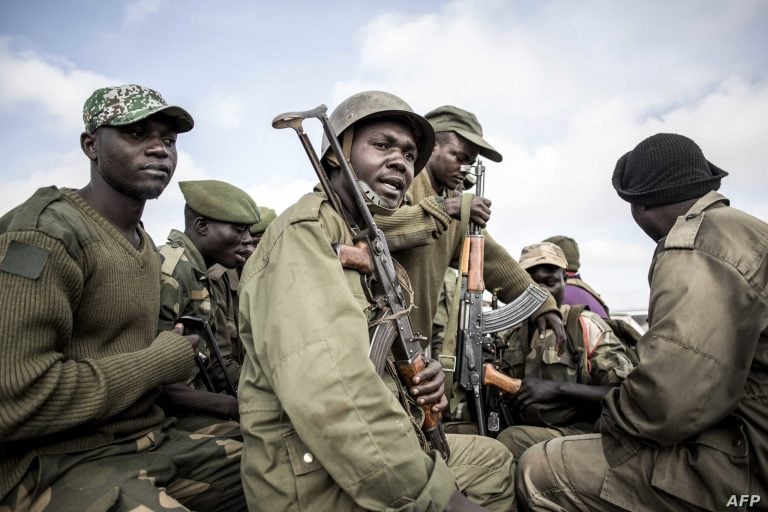Fighters from the M23 group, alongside Rwandan troops, have reportedly made significant advancements in the eastern Democratic Republic of Congo (DR Congo), successfully entering the provincial capital of Bukavu on Friday. According to security and humanitarian sources, the capture took place with little resistance, following the seizure of the region’s main airport, as the troops moved towards a city that houses approximately one million residents.
The situation has escalated tensions between the DR Congo and Rwanda, with Congolese President Felix Tshisekedi condemning what he describes as Rwanda’s “expansionist ambitions.” Tshisekedi accused the Rwandan government of backing armed groups that threaten the stability of the mineral-rich eastern region of the DRC. In light of the unfolding crisis, Tshisekedi has opted not to participate in an upcoming African Union (AU) summit scheduled for Saturday and Sunday in Ethiopia, opting instead to monitor developments closely on the ground.
As the M23 and Rwandan forces approached Bukavu, many businesses shuttered and residents fled in fear, prompting local civil organizations to urgently appeal to Congolese military personnel to refrain from engaging in combat within the city. The combination of mounting violence and widespread panic has raised alarms among various African leaders, who have called for an immediate ceasefire to de-escalate the situation.
The recent fighting follows a brief lull earlier in the week, spurring African leaders to convene a crisis meeting before a full AU summit. Outgoing AU chair Moussa Faki Mahamat emphasized the necessity of observing a ceasefire, asserting that military action would not resolve the ongoing conflict. He underscored a collective mobilization across Africa to address the crisis, although Tshisekedi, notably absent from this meeting, placed the blame squarely on Rwanda while calling for severe international sanctions against the country.
The DRC’s government has voiced allegations against Rwanda, accusing it of seeking to exploit the region’s bountiful natural resources—specifically rare earth minerals vital for electronic devices—as well as gold. Rwanda has categorically denied these accusations, arguing that it faces security threats from armed groups, particularly the Democratic Forces for the Liberation of Rwanda (FDLR), which stems from the Rwandan genocide in 1994. In response to the escalating hostilities, both nations have recalled their ambassadors, and the DRC has imposed restrictions on Rwandan aircraft within its airspace.
The growing conflict has claimed the lives of nearly 3,000 individuals, according to estimates from the United Nations, exacerbating the humanitarian crisis in the region. In Goma, a city previously overtaken by the M23, many residents are struggling with a lack of basic resources, such as clean water, forcing them to seek supplies from Lake Kivu. Concerns are mounting over a potential cholera outbreak, as the UN humanitarian agency OCHA called for all parties involved to cease attacks on civilian infrastructure and allow for unimpeded humanitarian access.
The humanitarian situation continues to deteriorate, with hundreds of thousands of people uprooted by the violence, now crowded into makeshift camps around Goma, where inadequate sanitation poses additional health risks. In response to the influx of refugees from Goma and Bukavu, Burundi temporarily closed its borders, revealing the escalating nature of the crisis. Local residents expressed growing concern about the situation, with one individual near the Burundian-GDR Congo border noting, “It is very worrying because it means war is getting closer to our country.”
